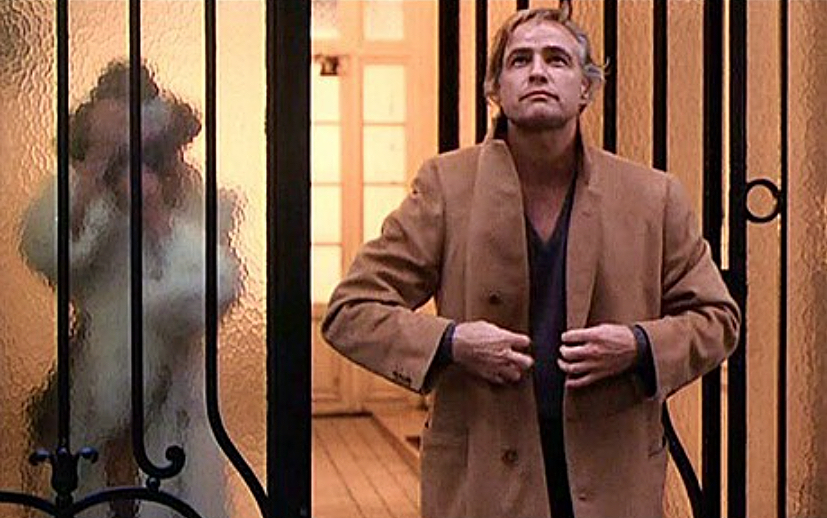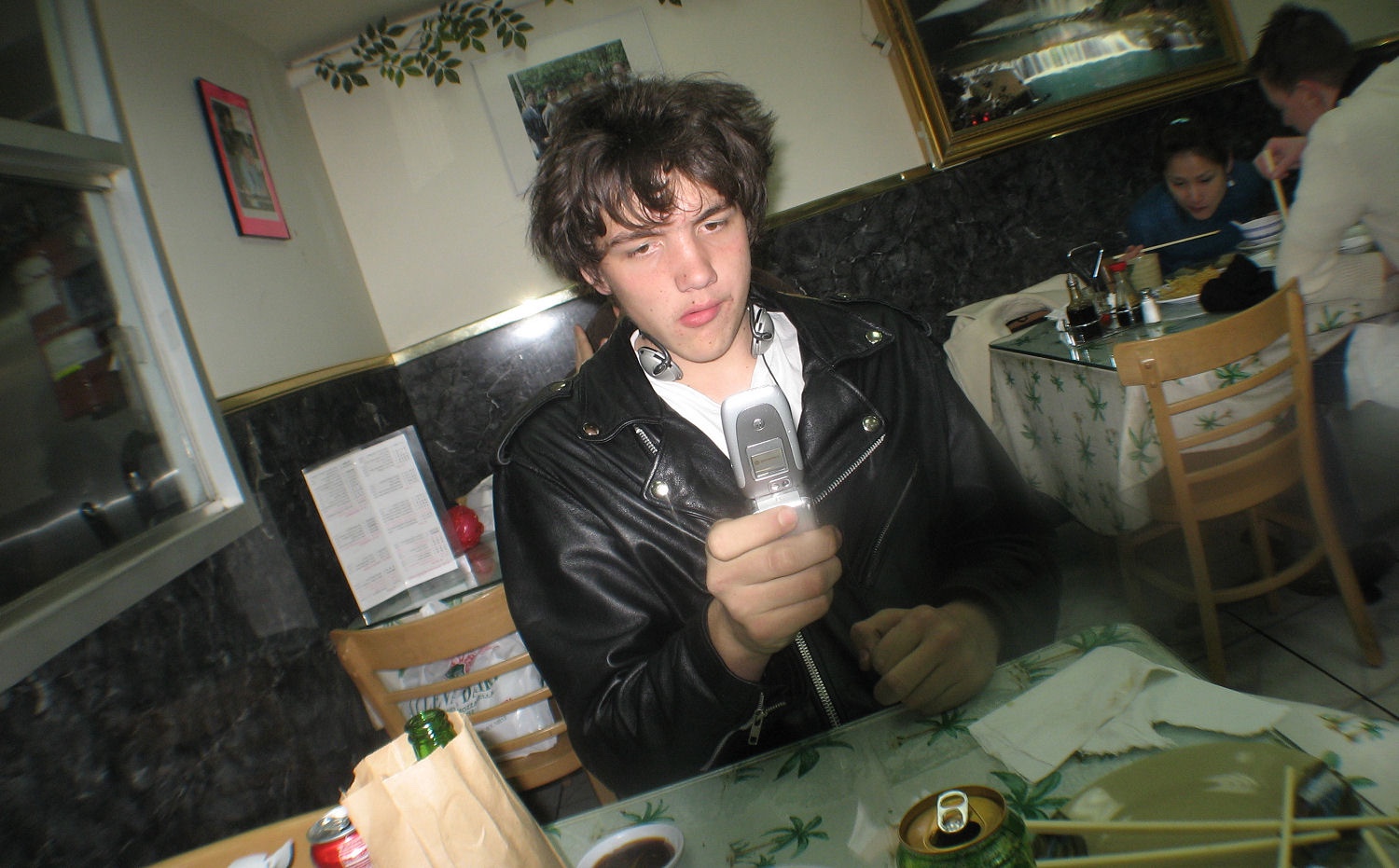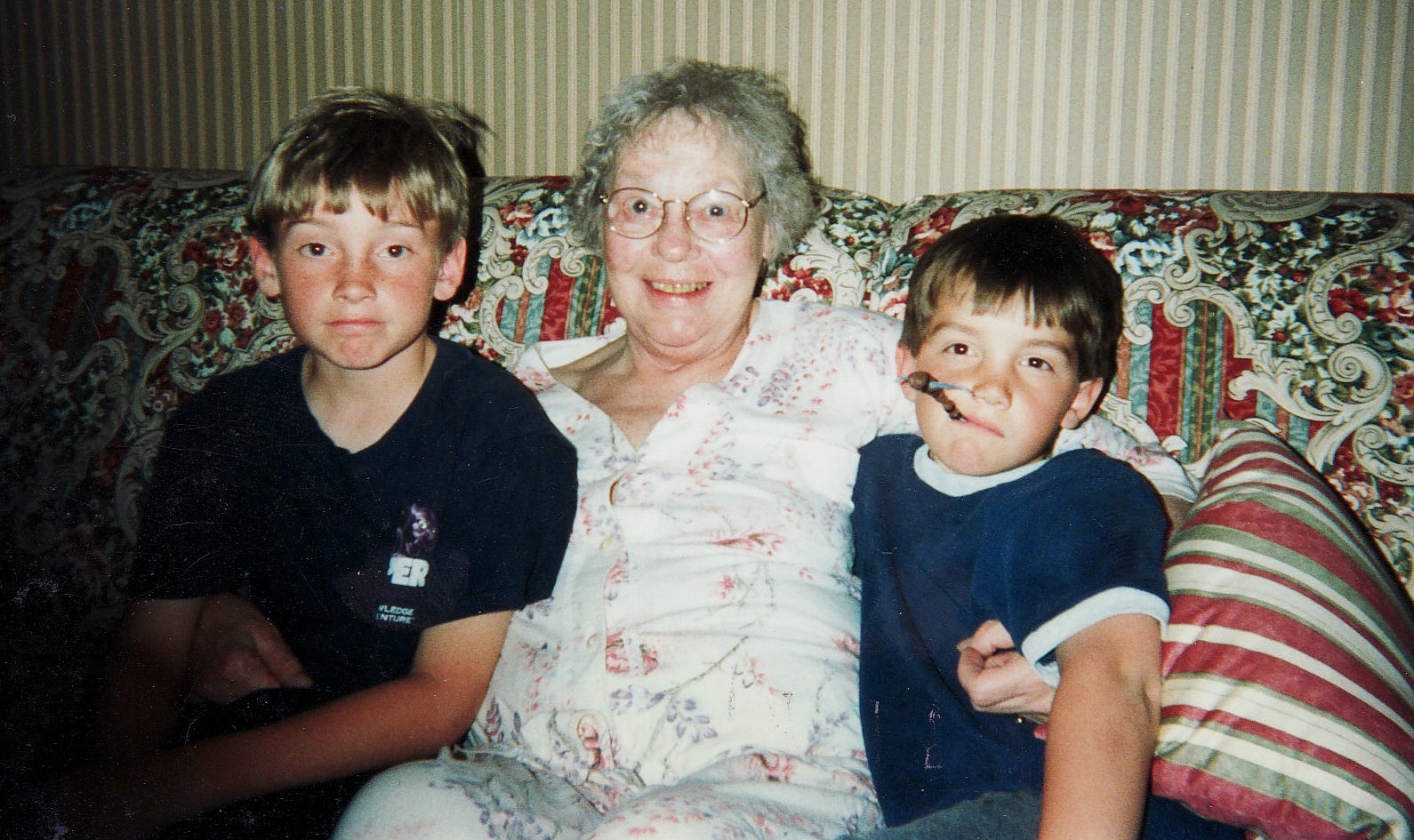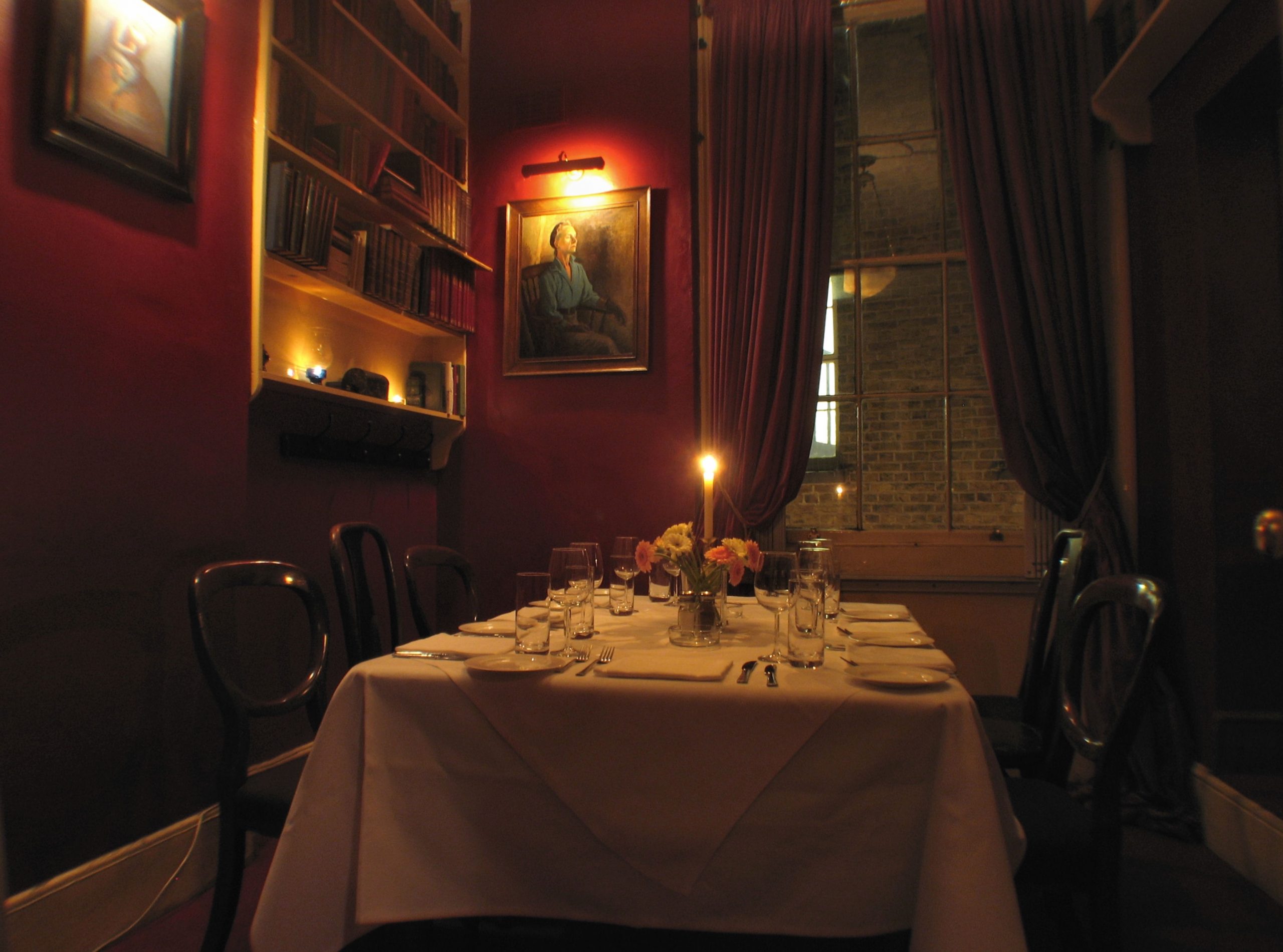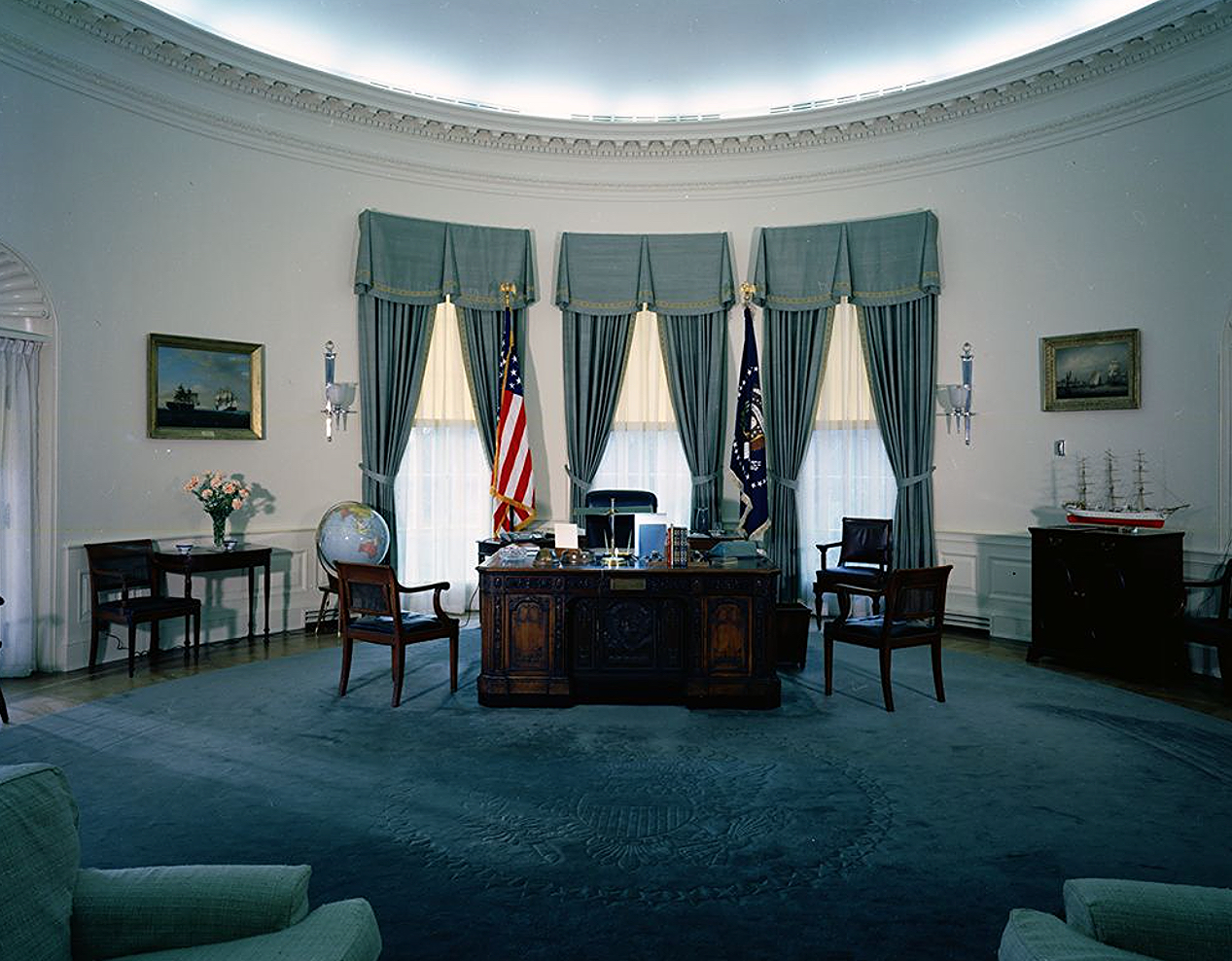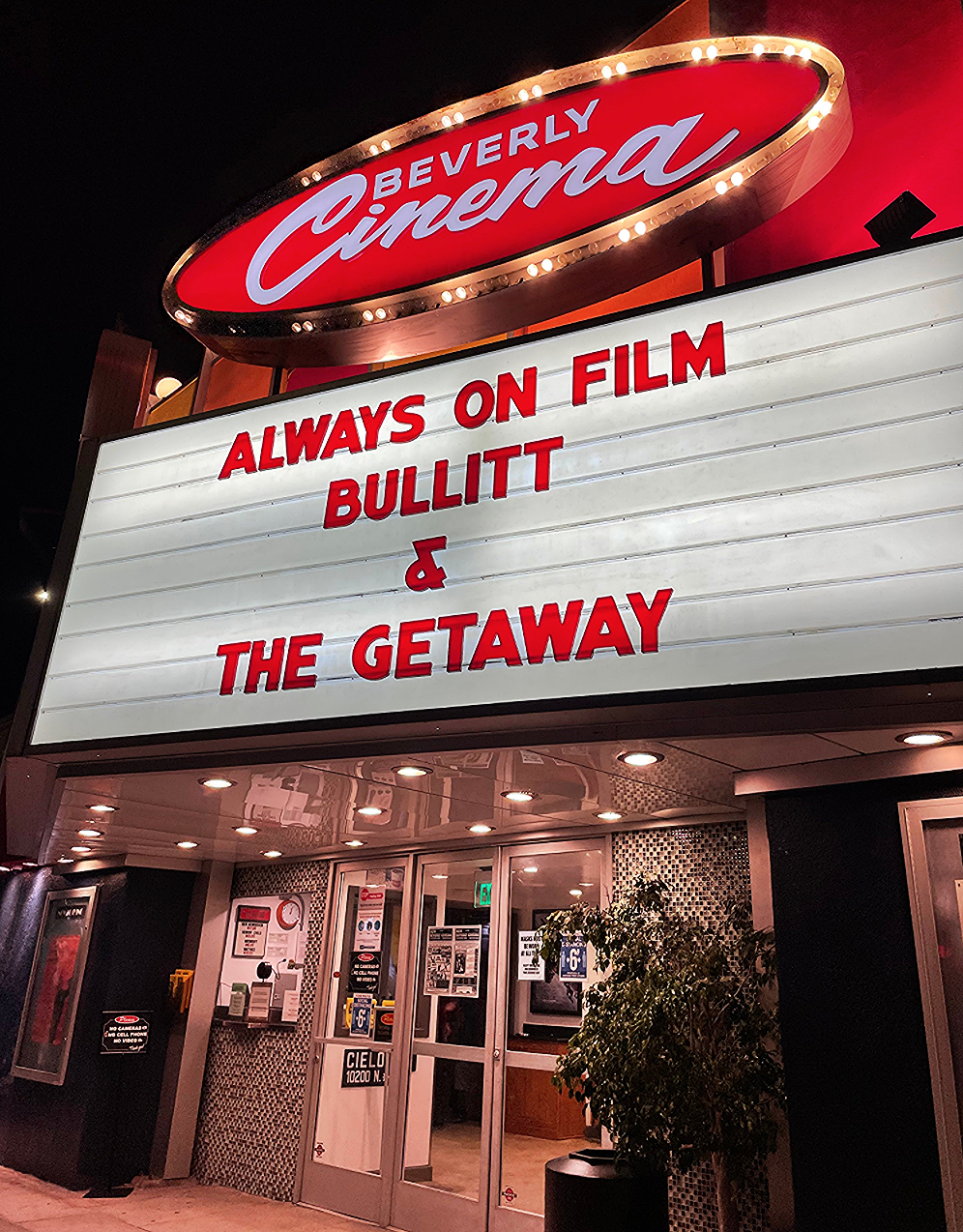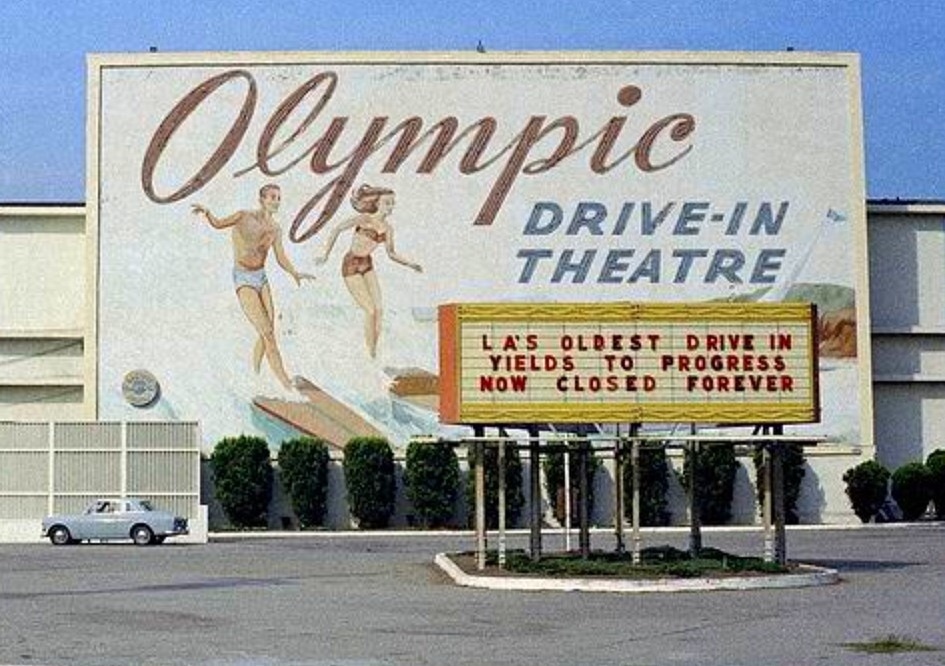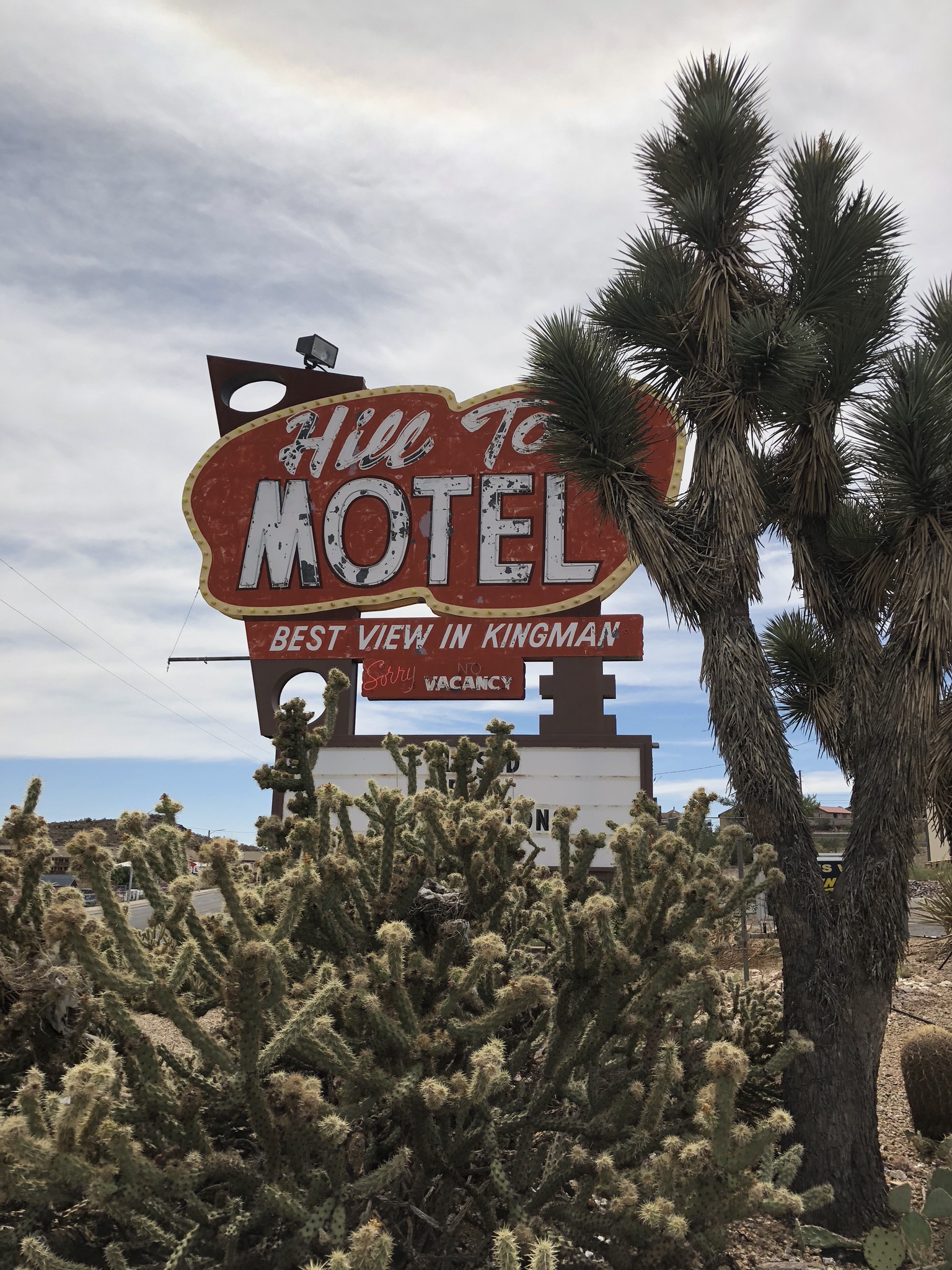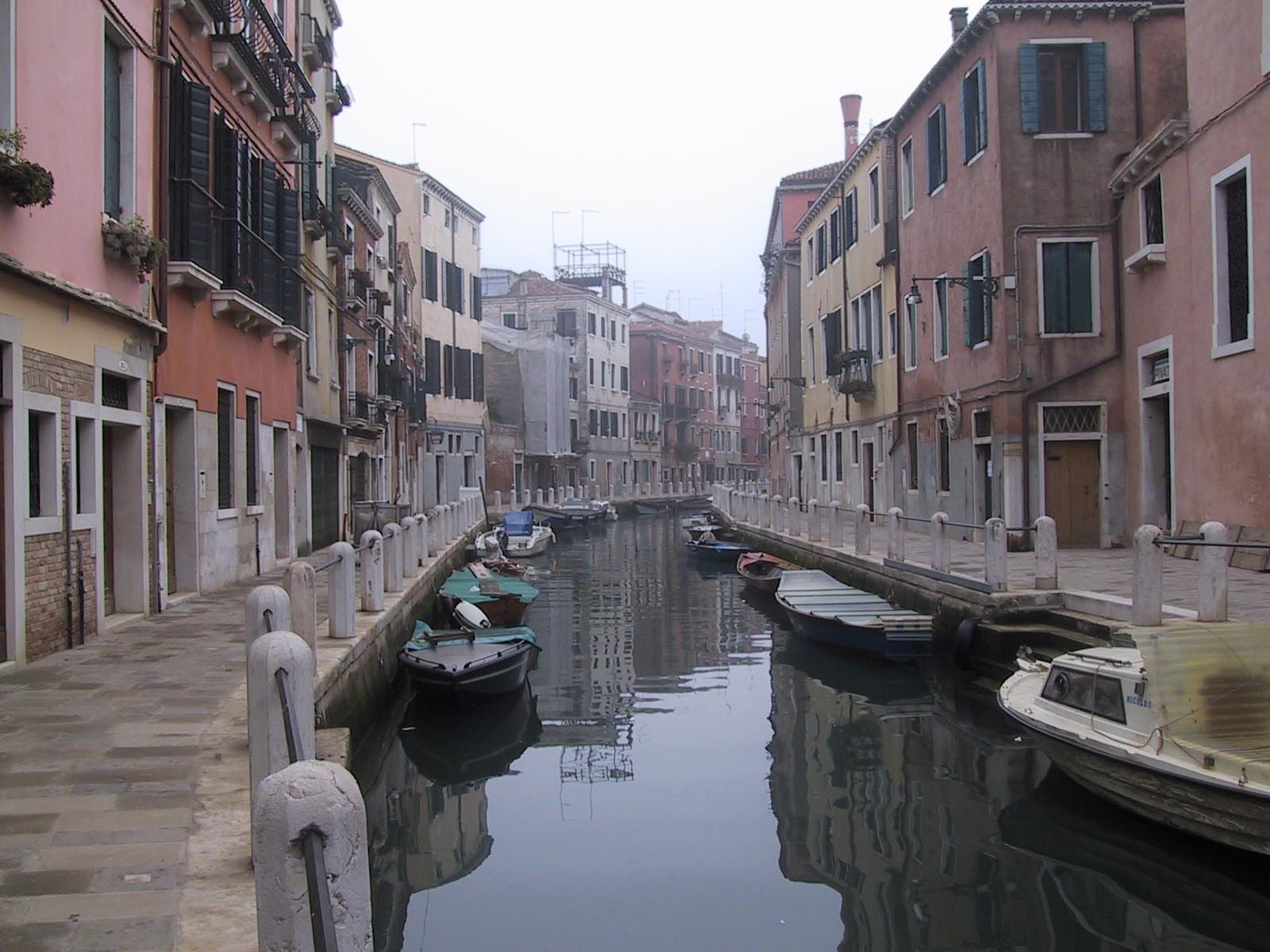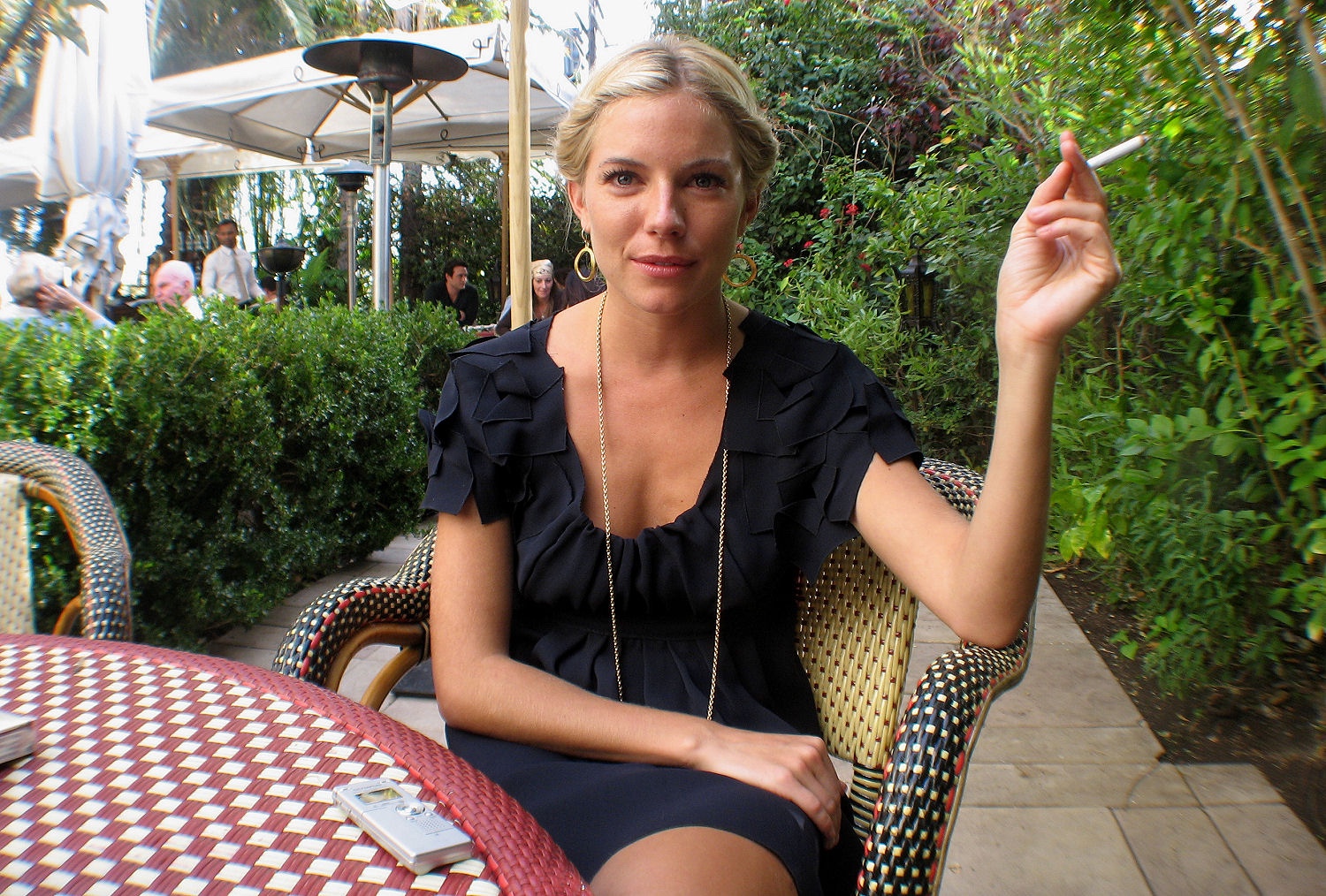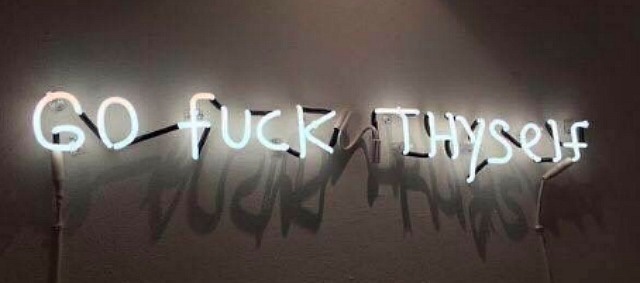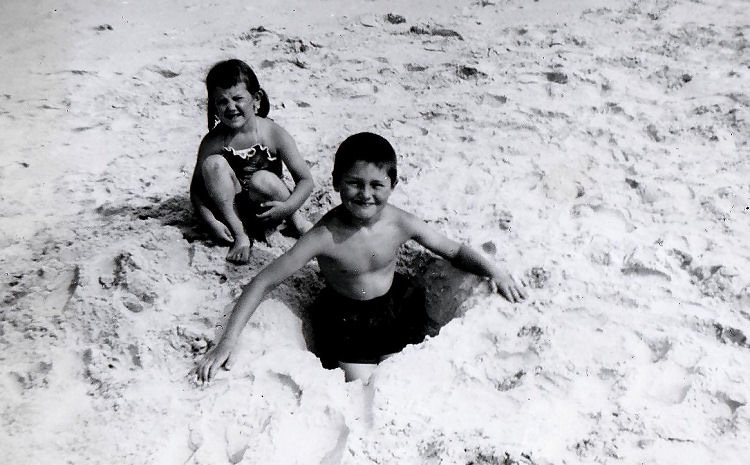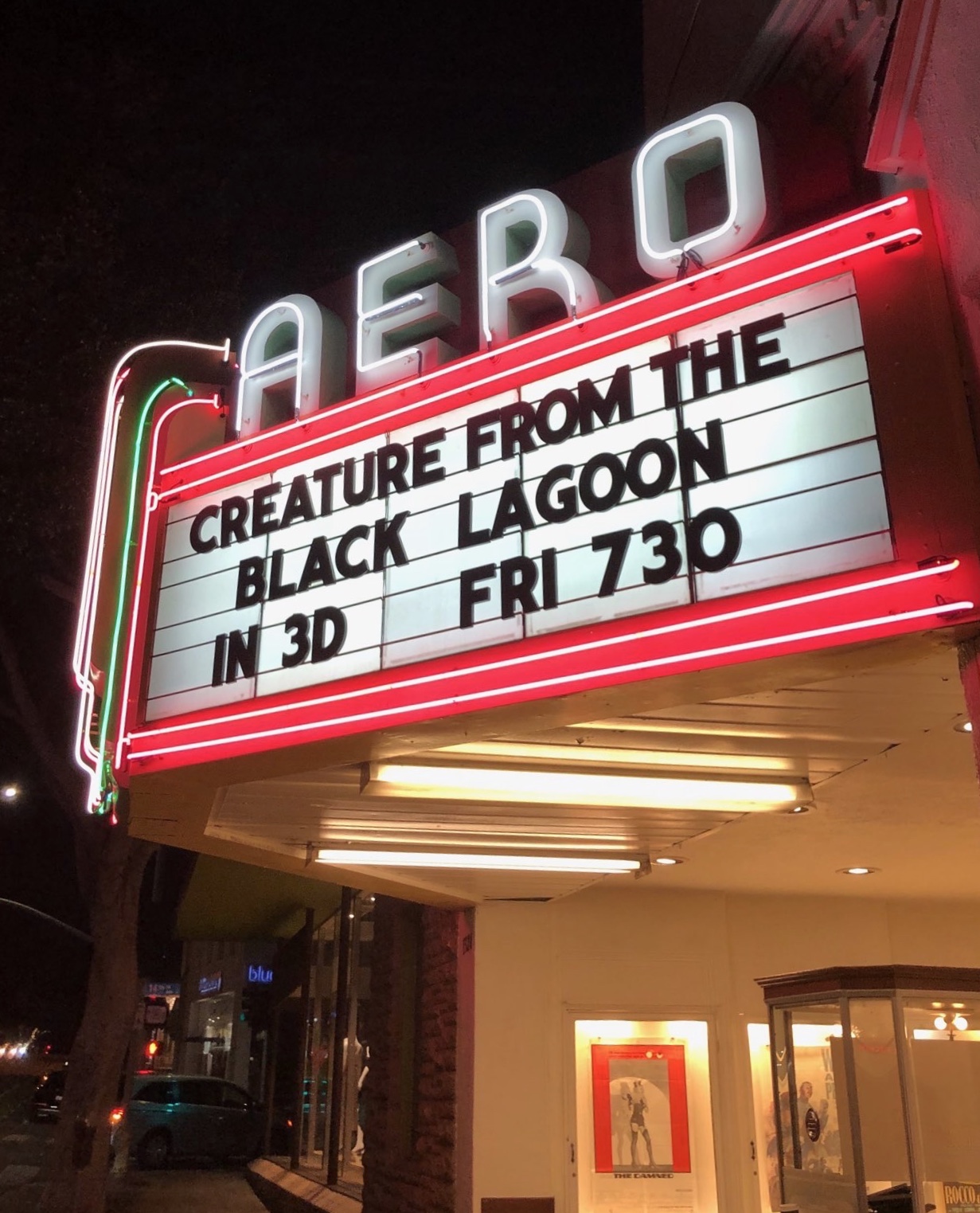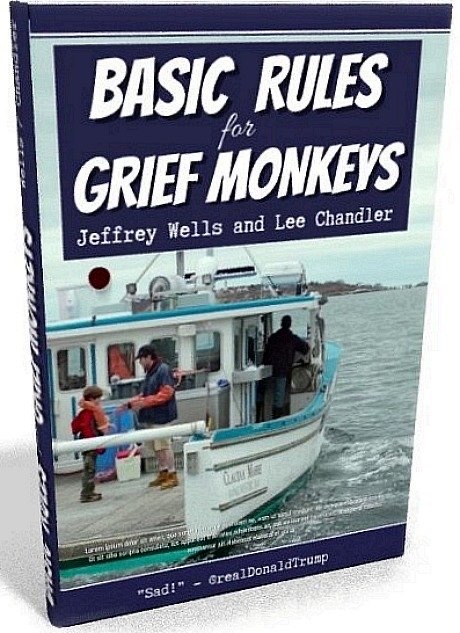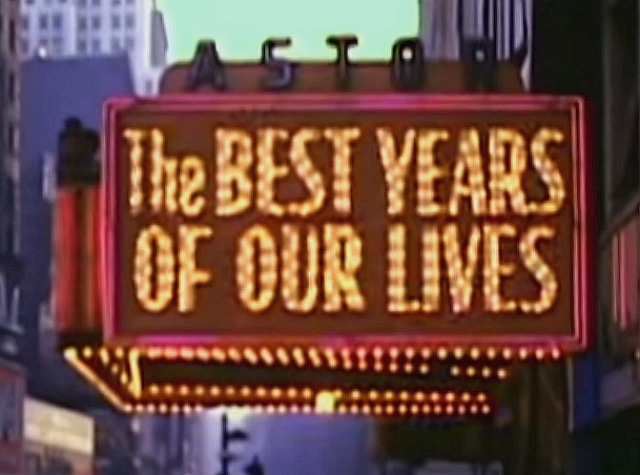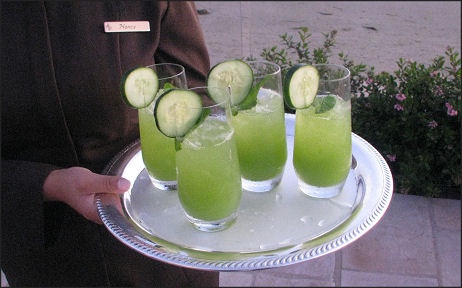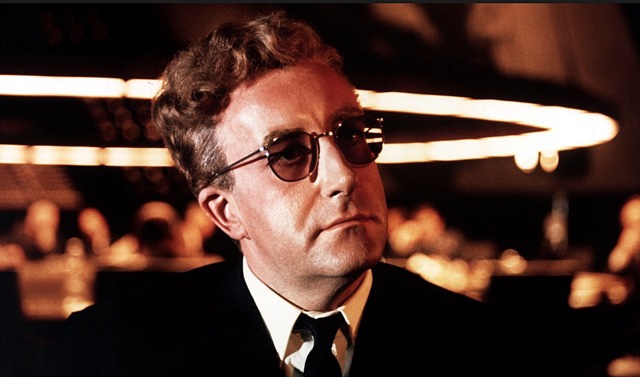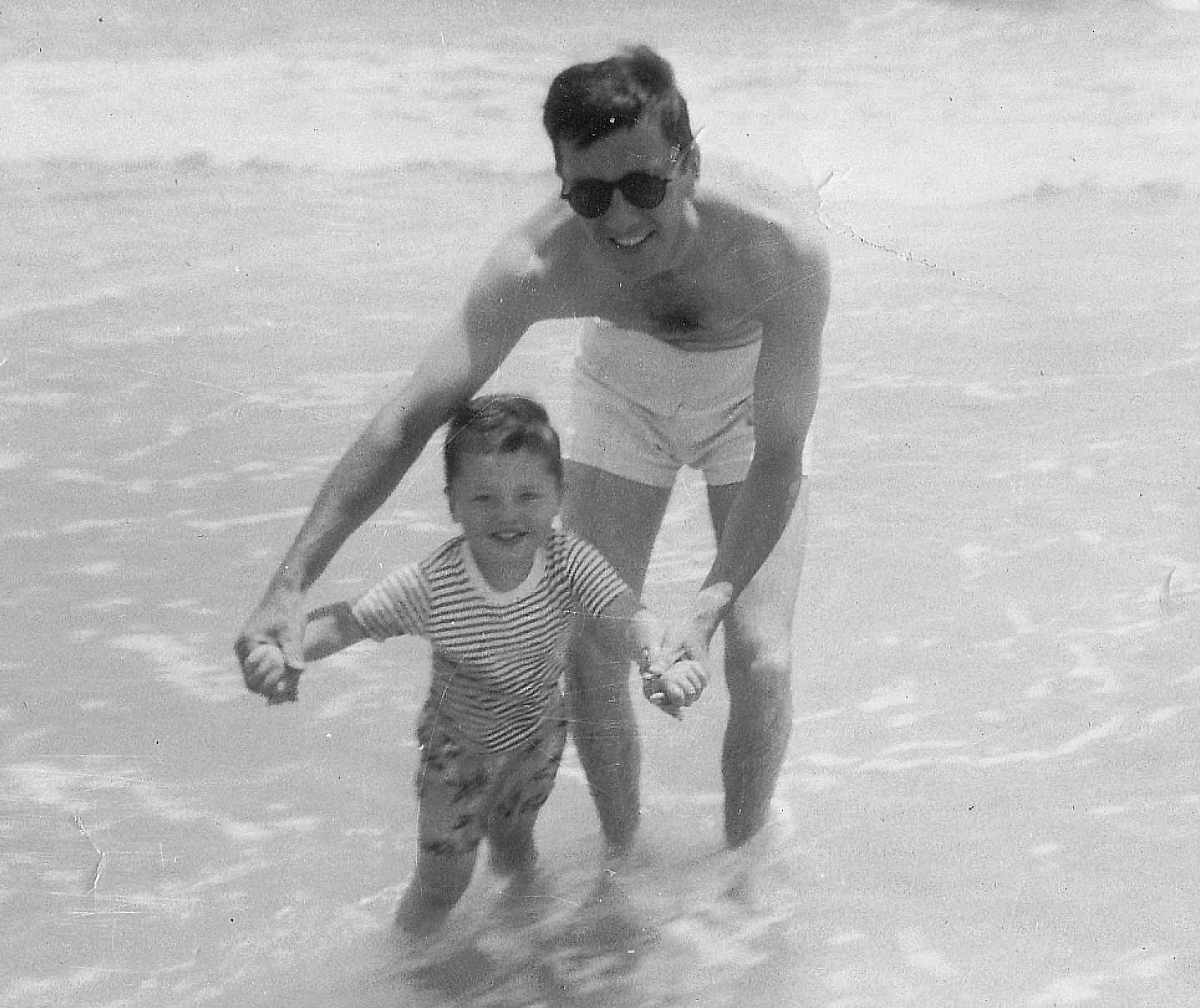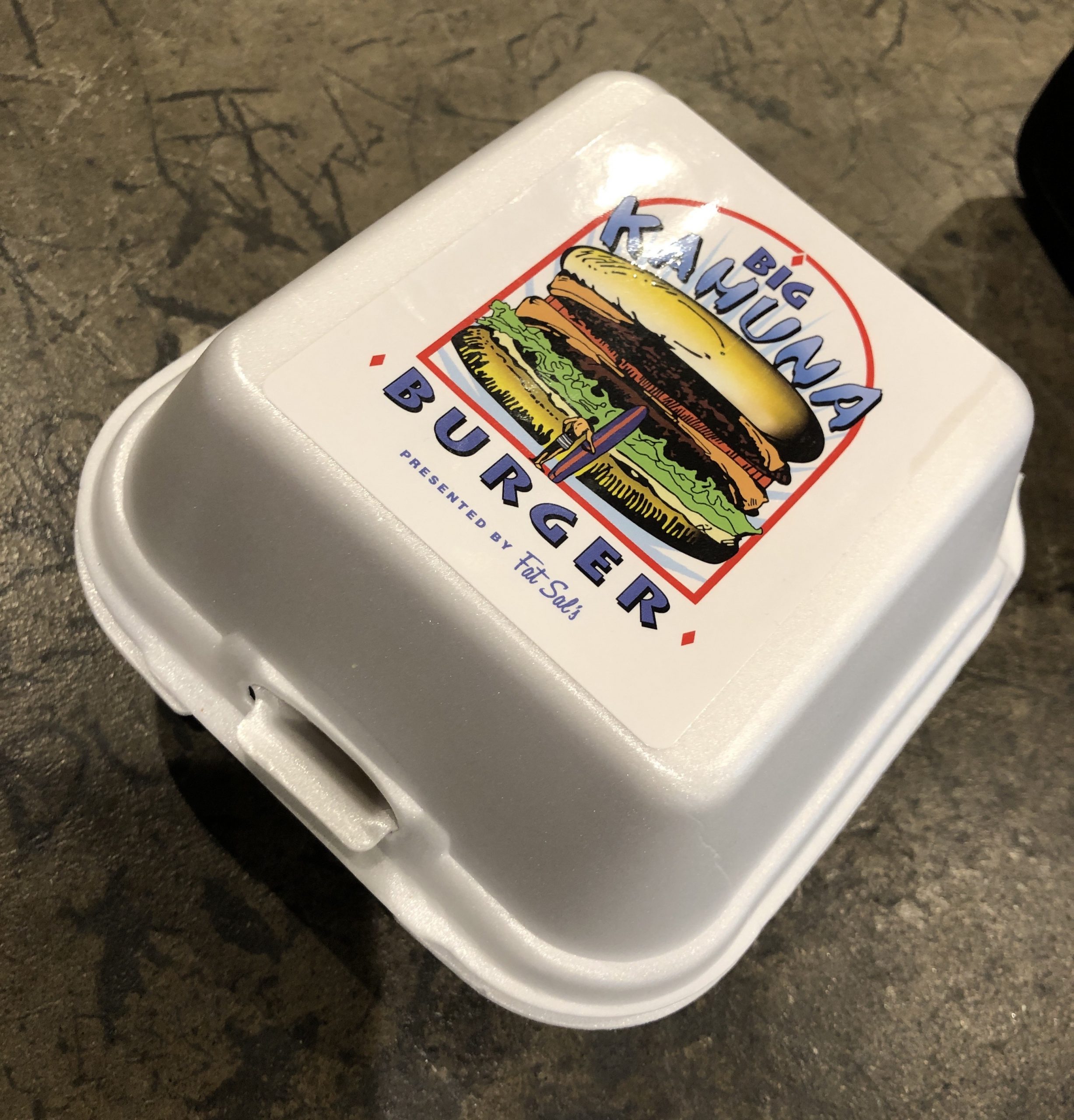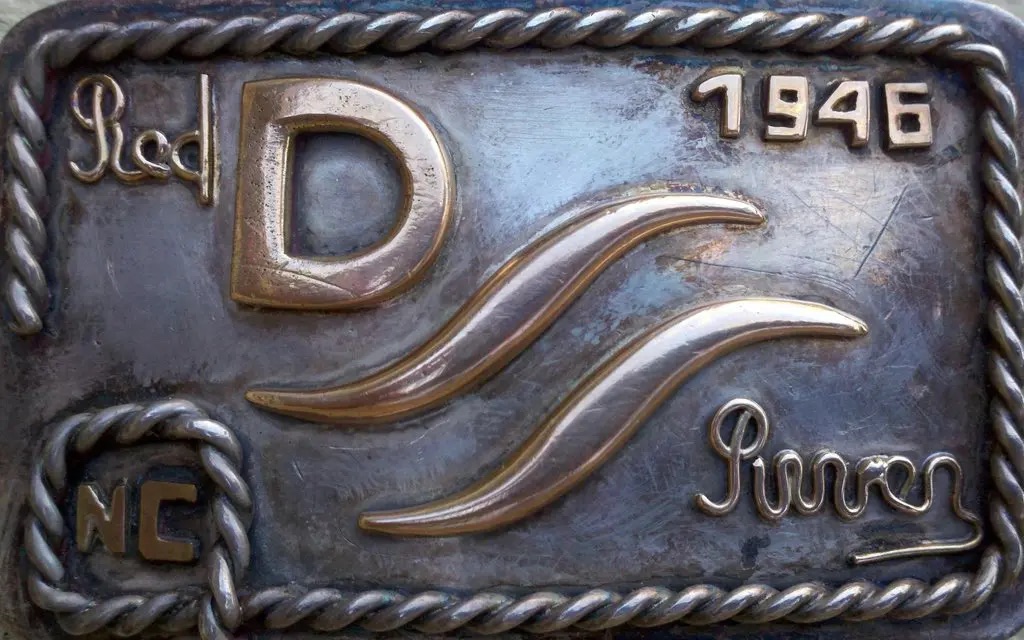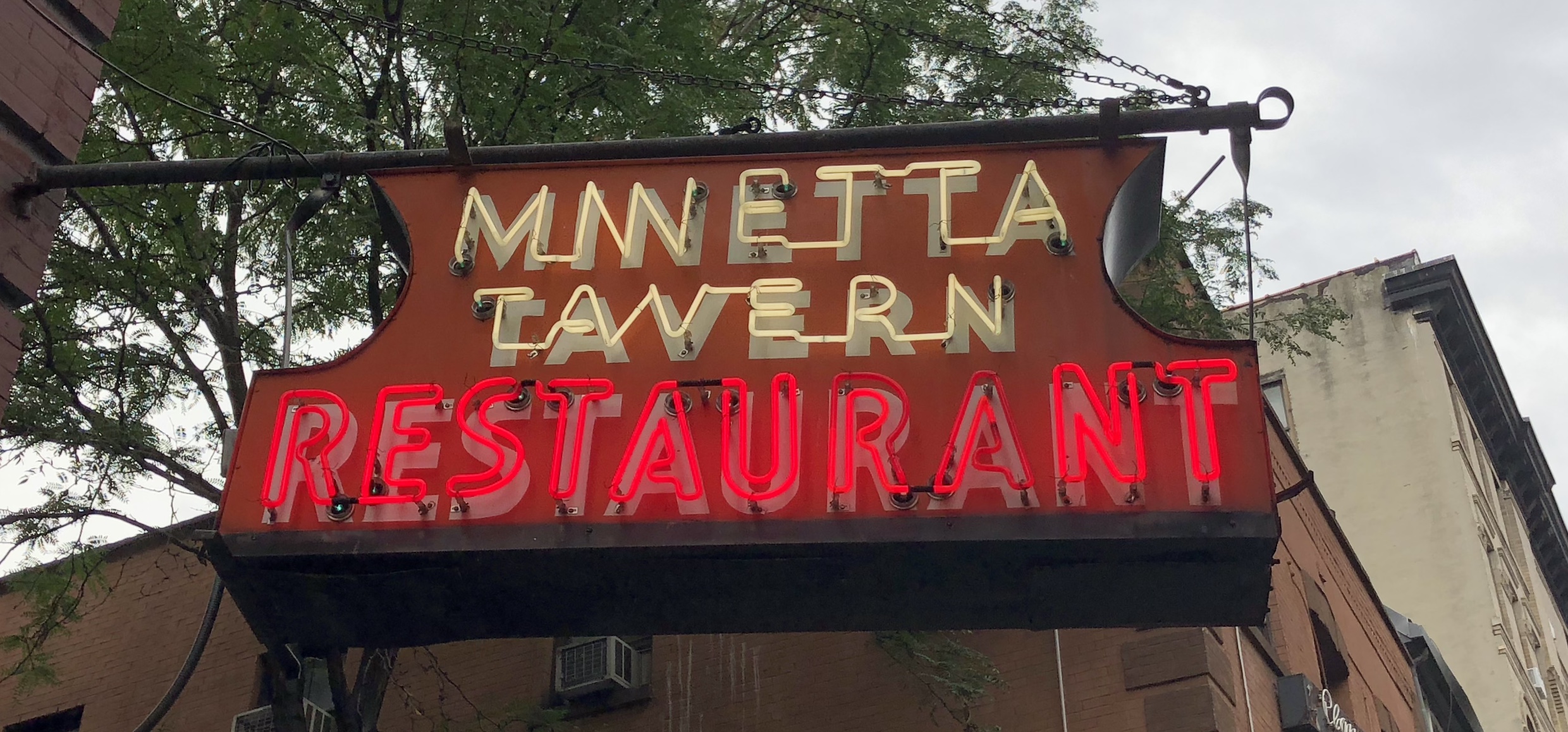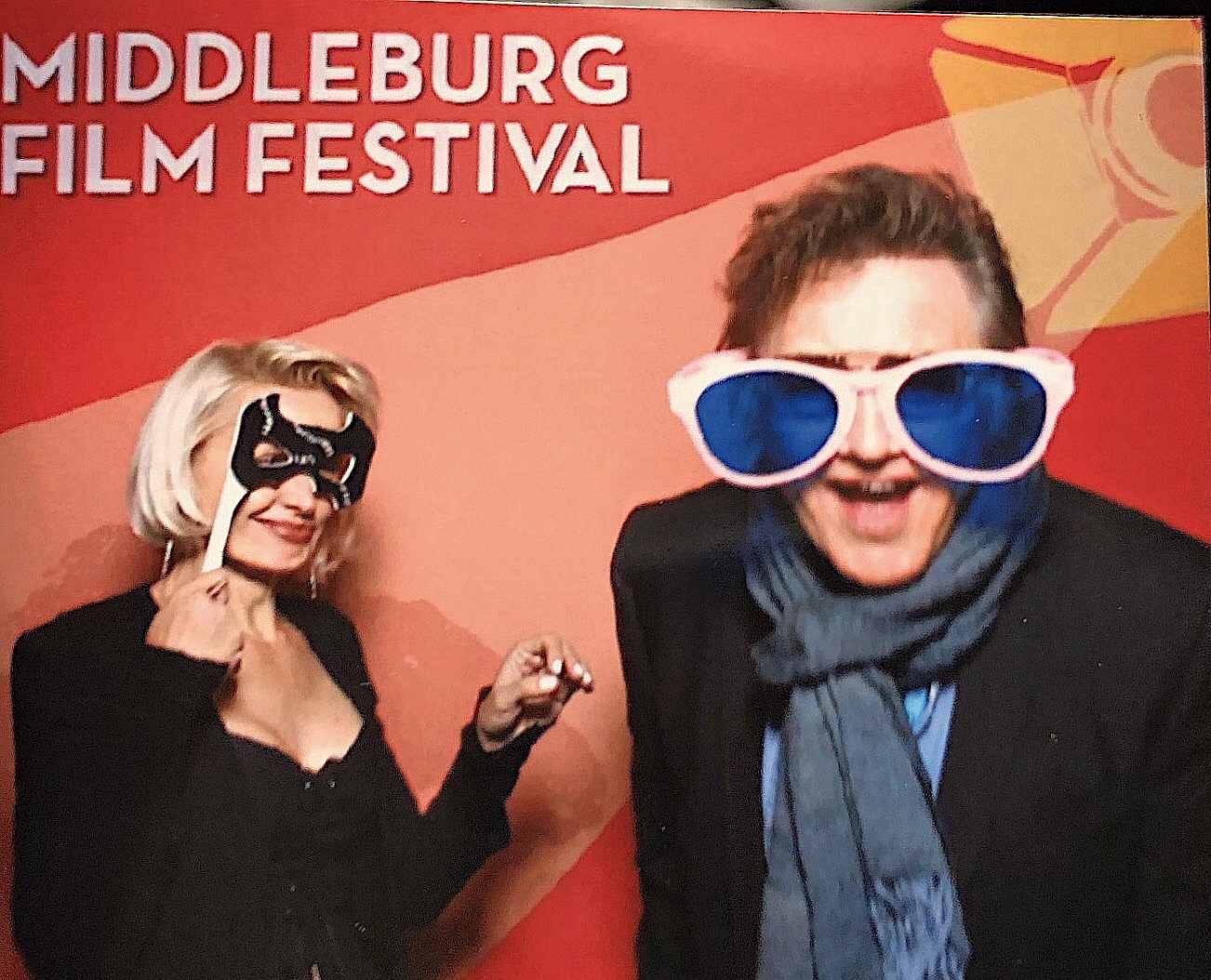I could never fully understand why Jason Reitman's The Front Runner, which opened five and a half years ago, was blown off by nearly everyone. The Sony Pictures docudrama is about the tragic fall of Presidential contender Gary Hart during the 1988 primary campaign.
Login with Patreon to view this post
Reports about the Canadian forest fire smoke turning the air in the tristate area (New York City Connecticut, New Jersey) into a region that vaguely resembles Blade Runner 2 and is blanketed with air quality that’s worse than the most polluted Indian cities…okay, they haven’t been inaccurate.
But if you’re from Los Angeles, which has long grappled with occasionally dense smog (especially in the ‘70s and ‘80s) and infrequent forest fire smoke, it didn’t seem like that big of a deal.
That’s what I was telling a friend…”this is just a typical bad-smog day in Los Angeles with a little Malibu fire overlay…no one’s idea of healthy, but ya gotta roll with it…flush it out…man up.”
The sun is smaller with a muddy-orange hue and yes, there’s an eerie atmospheric visual thing going on, and no, I wouldn’t recommend jogging or long hikes until it all starts to blow away on Sunday.
But overall HE has been much more fascinated than spooked. “I don’t trust air that I can’t see” is too blustery, too Lee Marvin or Robert Conrad but I have, as a rule, eaten this shit up and shrugged it off for decades. You should try breathing Hanoi air on a shitty day. Tough guys only.
40 years of living in Los Angeles has taught me that truly sparkling, blue-sky days are relatively rare. Having hiked in Switzerland and Colorado and Vermont and Mill Valley, I know what radiantly clear air feels and smells like. And I will breathe it again.

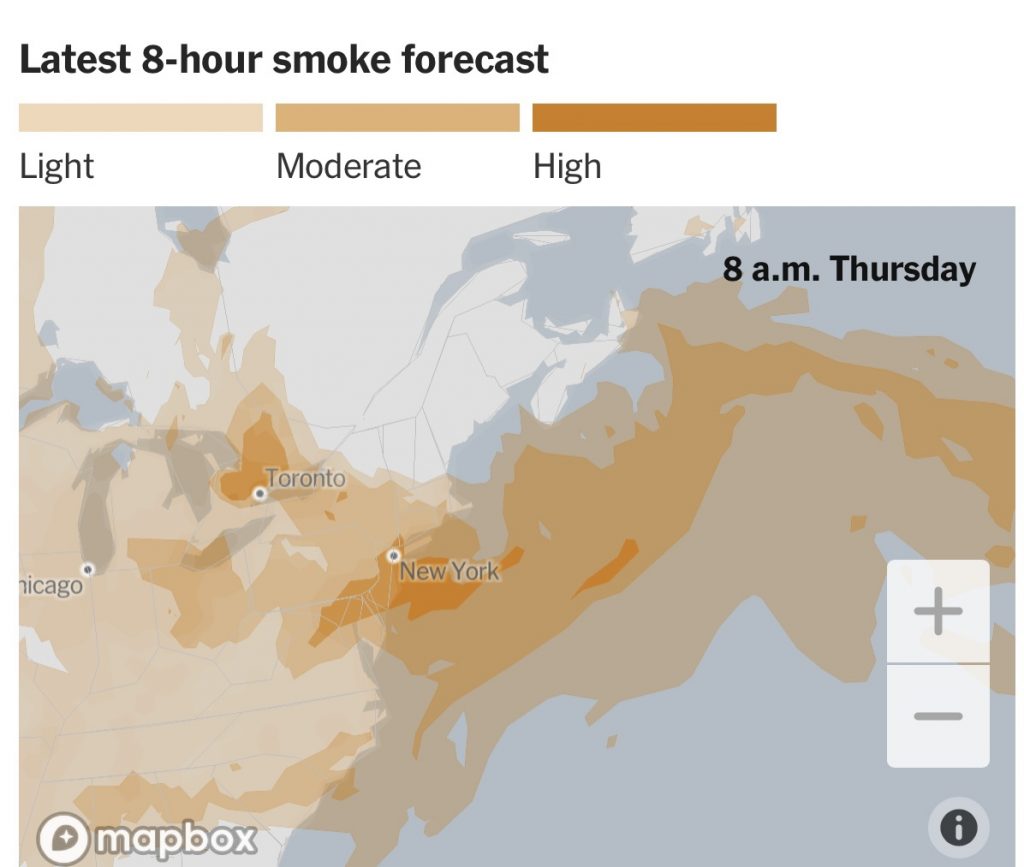
Monday, 10:50 am: Healthy skies.

I've just verbalized some reactions to this morning's Oscar nominations. Click the arrow below -- 20 minutes, give or take.
Login with Patreon to view this post
Login with Patreon to view this post

…it never manifested, not even a little bit. Just remember that.
Obviously a fascinating cult film and a phenomenal atmosphere thing, but the perpetual nightscape, constant acid rain, smokestacks belching fireballs into the black muck, too many people, vast disparities between street culture and high-rise corporate sanctums, flying taxis, huge video billboards, Times Square meets corporate Bangkok meets smoggy Seoul meets endless squalor….Blade Runner was basically over-imagined, over-produced and quite delusional.
Three and 1/3 years ago: Ridley Scott‘s Blade Runner milieu — nightmarish, gloom-ridden, poisoned — is obviously a trip in itself and great to wallow in, but the sprawl of real-world Los Angeles has exposed that realm as absolute noir-fetish fanboy bullshit.
“Blade Runner 2049 is, of course, a prophecy of ecological run to come, and that’s where we’re definitely heading with criminals like Scott Pruitt running the EPA,” I wrote on 10.7.17, “but BR49‘s idea of what Los Angeles will look like 32 years hence is almost surely just as ludicrous as Scott’s.
The twin Blade Runner realms have sunk their visions into our heads and will probably never be dissipated. But facts are facts. Los Angeles of 2021 doesn’t bear the faintest resemblance to Ridley Scott’s nightmare city. Because 39 years after the release of Scott’s film, today’s Los Angeles isn’t even accidentally reflected by Scott’s toxic metropolis. Air quality and Long Beach oil refineries aside, there isn’t even a coincidental depiction that rings true.
George Orwell’s 1984 wasn’t validated by reality 37 years ago, but it has been semi-validated since, at least as far as everyone having lost their privacy and paying obsessive attention to Big Brother-ish Twitter banshees doing their level best to intimidate, condemn and control.
But the Los Angeles of today isn’t even suggested by Scott’s toxic metropolis. Air quality and Long Beach oil refineries aside, there isn’t even a coincidental depiction that rings true.
Excerpt: “Where did the Blade Runner universe actually come from? From legitimate fears of industrial ruination, of course, but also from the despairing, fatalistic moods and attitudes that once resided inside Philip K. Dick, Ridley Scott, Hampton Fancher, David Peoples, Jordan Cronenweth, and, one could argue today, from the devotional geeks who regard the handed-down Blade Runner vision as absolute gospel, and have now made a film about that devotion.”

I’ve been a Los Angeleno for 37 years, and I’ve never seen or heard a July 4th spectacle like the one that happened last night. It just kept going and going.
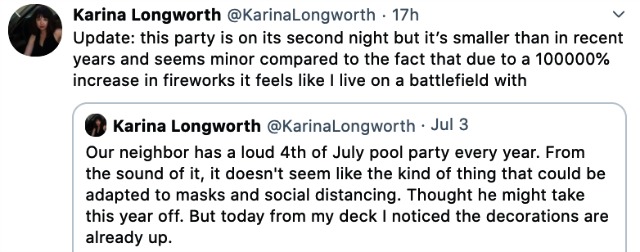
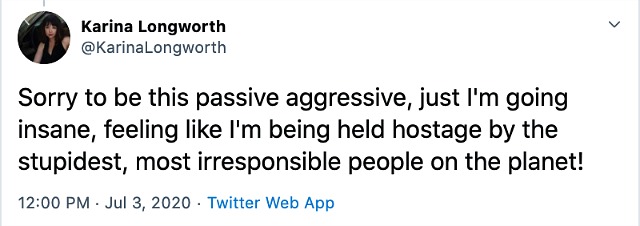
In The Front Runner, Hugh Jackman‘s Gary Hart is a smart, decent, amiable politician whose life suddenly blows up. He gets walloped by the news media over a private matter, and he just can’t believe it. He can’t accept that reporters would want to make hay over indications that he might have been intimate with someone other than his wife.
Are you shitting me? Who cares? What the hell does that have to do with being President?
Hart gets indignant — his back arches — but he gradually slumps. He turns stern and despondent, solemn and anguished. It’s painful to accept the death of a dream, but that’s what Hart was forced to do in the space of two or three days. His life and career were in tatters, and over relatively nothing. A high hard one and a willing recipient…pheh!
And Jackman takes you through this. Peak to crevasse. Don’t kid yourself — it’s one of the best performances of the year. I’ve been saying this all along.
Last night Jackman received the Kirk Douglas Award Excellence in Film award from the Santa Barbara Film Festival, or more precisely from Roger “Nick the Greek” Durling, who knows how to pick ’em. Joining in the celebration were J.K. Simmons, Front Runner director Jason Reitman and longtime friend Ben Mendelsohn.
Jackman began by saying that “the best part about this evening not being televised, [is that] there’s no music to rush me off the stage. I’m going to do everything wrong in speechmaking. This is going to be long and I’m going to thank everyone. Just warning you.”
It’s okay with me if The Favourite‘s Olivia Colman wants to go for Best Actress, even if she’s not playing a lead role. I’ve accepted her strategy because you can’t fight City Hall, but I will not accept the forehead-slapping notion that the film’s two actual leads, Rachel Weisz and Emma Stone, are now Supporting Actress contenders. Stone and Weisz’s characters, Abigail Masham and Sarah Churchill, are the main protagonists and manipulators — characters who are driving the palace plot and carrying the whole equation in their heads. I’ll bend over for Colman but I won’t prognosticate the other two as supporting contenders…no!
So who’s the Best Supporting Actress front-runner? You tell me. I’m still figuring it out.
It’s not If Beale Street Could Talk‘s Regina King, I can tell you that. She’s probably one of the five but that’s mainly because everyone keeps including her as one of the hotties — I honestly didn’t think her performance (i.e., the strong, compassionate mother of Kiki Layne) is more than a line-drive single.
What if I choose the supporting performance and supporting character whom I liked and admired the most? If I did that would be Green Book‘s Linda Cardellini. Second place is First Man‘s Claire Foy, I suppose, but I wonder how many people are saying “wow, great hand-wringing wifey-wife!” Then comes Vice‘s Amy Adams, whose performance as Lynne Cheney I’ve been hearing about since last spring. And then Roma‘s Marina de Tavira — a solid, planted performance that radiates ripe, feminine humanity.
I’ve given the fifth slot to Margot Robbie‘s performance as Queen Elizabeth in Mary, Queen of Scots because — I’m serious — of her deglamorized makeup (flaming red hair, pale complexion, blotchy skin). People are always impressed when a pretty actress goes semi-ugly.
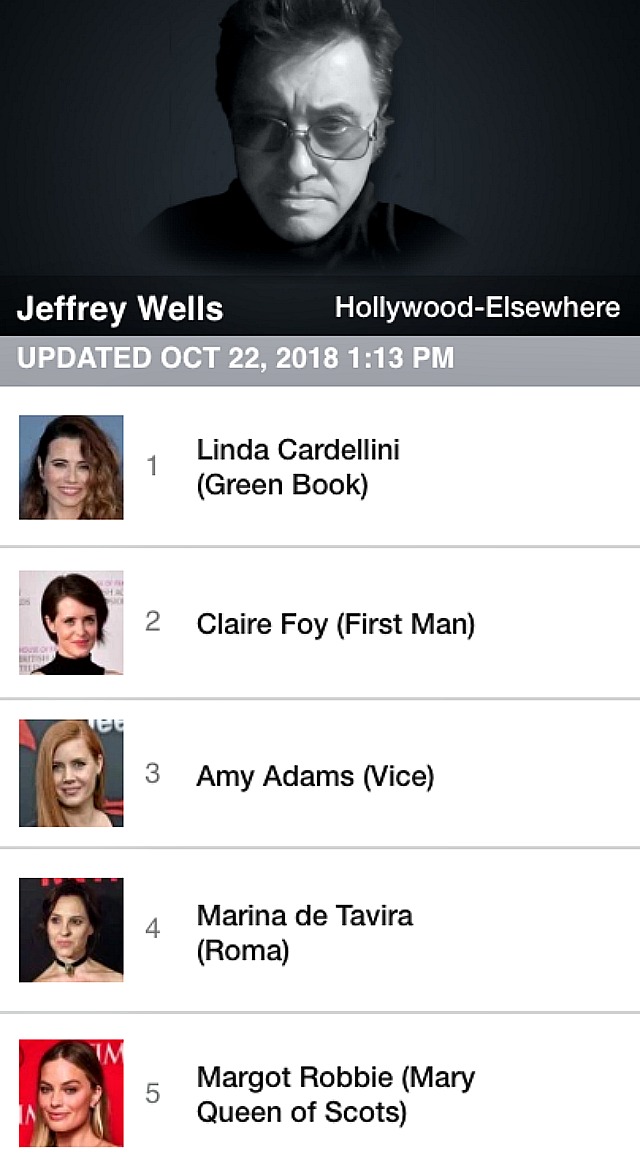

I saw The Front Runner (Columbia, 11.6) again last night. So well-ordered, smartly written, real-deal…a fastball you have to swing on.
Gary Hart, the would-be Democratic nominee for President in the spring of ’87 whose candidacy was destroyed by the press over a relatively harmless instance of marital infidelity, is so well nailed by Hugh Jackman. In fact the whole cast delivers — Vera Farmiga as Lee Hart, J. K. Simmons as Bill Dixon, Alfred Molina as Ben Bradlee, Sara Paxton as Donna Rice and particularly Mamoudou Athie as A.J. Parker, a diligent Washington Post reporter who covers the Hart campaign.
The Front Runner is about the fall of a flawed but basically decent fellow who was actually rather high-minded when it came to the separation between public and private life. It ends, for sure, on a note of resignation and solemnity. A good man is taken down because there is no private life for a political person and the cameras are everywhere. But 60 seconds after the film ended I was reading about the second sexual misconduct allegation against Brett Kavanaugh, and going “yes!…yes!”
The main difference, of course, is that Hart was merely busted for catting around (i.e., using his power and celebrity to score) while Kavanaugh is being drilled for having twice acted in an abusive and contemptible way with young women while drunk.
(Last night an additional Kavanaugh allegation came from Stormy Daniels attorney Michael Avenatti, who wrote that he is “aware of significant evidence” that Kavanaugh participated in multiple gang rapes while in high school.”)
I love Reitman’s decision to play it chaste in a scene between Jackman and an unseen Paxton aboard the Monkey Business, showing only Jackman as he smiles and flirts. Throughout The Front Runner the viewer is kept at arm’s length, and is never shown anything the least bit titillating. I naturally assumed that the famous color snap of Hart and Rice (with Rice sitting on his lap) would be seen at some point, but it never appears, primarily because the film ends right after Hart collapses his candidacy, and the photo didn’t surface until a week or two later.
I took Jett and Cait to last night’s screening. They’re both around 30, and until last night had never heard of Gary Hart and his campaign calamity.
This morning I participated in a Front Runner breakfast schmoozer at the Crosby Street hotel. Reitman, Jackman, Simmons, Paxton and Athie attended.
Less than ten minutes into my first viewing of Jason Reitman‘s The Front Runner, I knew it was at least a B-plus. By the time it ended I was convinced it was a solid A. It’s not a typical Reitman film — it doesn’t deliver emotionally moving moments a la Juno and Up In The Air. It is, however, a sharp and lucid account of a real-life political tragedy — the destruction of former Colorado Senator Gary Hart‘s presidential campaign due to press reports of extra-marital womanizing with campaign volunteer Donna Rice.
The Front Runner is an exacting, brilliantly captured account of a sea-change in press coverage of presidential campaigns — about a moment when everything in the media landscape suddenly turned tabloid. Plus it feels recognizable as shit. I immediately compared The Front Runner to Michael Ritchie’s The Candidate, Mike Nichols‘ Primary Colors and James Vanderbilt‘s Truth. It is absolutely on the same wavelength and of the same calibre. Hugh Jackman delivers a steady, measured, well-honed portrayal of Hart, but the whole cast is pretty close to perfect — every detail, every note, every wisecrack is spot-on.
Why, then, are some critics giving Reitman’s film, which is absolutely his best since Up In The Air, the back of their hands? The Front Runner easily warrants scores in the high 80s or low 90s, and yet Rotten Tomatoes and Metacritic aggregate tallies are currently in the high 60s — over 20 points lower than they should be.
I’ll tell you what’s going on. Critics can be cool to films that portray journalists in a less than admirable light, which is what The Front Runner certainly does. The Miami Herald reporters who followed Hart around and broke the Rice story are depicted as sleazy fellows, and the relationship between the Miami Herald and Hart is depicted as deeply antagonistic, especially on the Herald’s part. Hart screwed himself with his own carelessness, but the Herald is depicted as being more or less on the same level as the National Enquirer.
You can bet that on some level this analogy is not going down well with certain critics. Remember how Vanderbilt’s Truth (’15), a whipsmart journalism drama, was tarnished in the press for portraying the collapse of Mary Mapes‘ faulty 60 Minutes investigation into George Bush‘s National Guard history and alleged cocaine use? A somewhat similar dynamic is happening right how.
In a 10.24 column, Variety‘s award-season columnist Kris Tapley notes that nearly 1500 new members have been invited to join the Motion Picture Academy over the last two years. The current membership is somewhere close to 8000, according to Tapley. (A 2.13.17 Gold Derby piece said the tally was 6687). Accordingly, Tapley reasons, the classic definition of a Best Picture Oscar winner is probably undergoing a sea change.
Moonlight beat La La Land, of course, because a significant number of Academy members wanted to refute the “Oscars So White” pejorative that had taken hold a year before. (This, at least, was what happened according to director Spike Lee.) This year, Tapley allows, a pair of films that would normally be relegated to film critic trophies and the Gotham/Spirit Awards — Luca Guadagnino‘s Call Me By Your Name and Jordan Peele‘s “bold sociological satire” Get Out — are definitely in the Best Picture Oscar mix.
And yet, Tapley observes, right now “there is no frontrunner to speak of.” In fact there are four.
There’s Chris Nolan‘s strikingly arty (no lead characters, no conventional story arcs, a sprawling God’s-eye view of warfare) but chilly Dunkirk, which has been at the top of most handicappers’ Best Picture lists since last July.
There’s Call Me By Your Name, which is the only serious “see me, feel me” movie in the Best Picture pack — a palpably emotional dream trip that really washes over and sinks in, and at the same time feels like a sun-kissed Rohmer flick.
There’s Steven Spielberg‘s The Post, which has the earmarks of being the only traditional, “important”-sounding drama aimed at the 50-plus crowd — two big boomer-aged stars (Meryl Streep, Tom Hanks), a political film with an obvious echo that applies to the press-disparaging Trump administration, a serving of journalistic realism in the tradition of Spotlight and All The President’s Men.
And there’s also Greta Gerwig‘s Lady Bird. It was the toast of Telluride, Toronto and the New York Film Festival, and it definitely works on its own personal-recollection terms — an autobiographical tale set in 2002, from a female director-writer in her mid ’30s, about a high-school senior going through trying times with her family (especially her mom) and peers. There’s no question that Lady Bird hits the bull’s-eye with excellent, heartfelt writing and acting, and it’s been shot, cut and designed to near perfection. What more can a relationship film possibly deliver?
The other contenders aren’t happening. It’s only these four, and given my previously stated concerns about two-thirds of Liz Hannah‘s screenplay for The Post being about the reluctance of Washington Post publisher Katharine Graham (Streep) to stand up against the Nixon administration and fight for the publication of the Pentagon Papers, it might only be three. Who knows?


 All Hail Tom White, Taciturn Hero of “Killers of the Flower Moon”
All Hail Tom White, Taciturn Hero of “Killers of the Flower Moon”Roughly two months ago a very early draft of Eric Roth‘s screenplay for Killers of the Flower Moon (dated 2.20.17,...
More » Dead-End Insanity of “Nomadland”
Dead-End Insanity of “Nomadland”Frances McDormand‘s Fern was strong but mule-stubborn and at the end of the day self-destructive, and this stunted psychology led...
More » Mia Farrow’s Best Performances?
Mia Farrow’s Best Performances?Can’t decide which performance is better, although I’ve always leaned toward Tina Vitale, her cynical New Jersey moll behind the...
More »

 Hedren’s 94th
Hedren’s 94thTwo days ago (1.19) a Facebook tribute congratulated Tippi Hedren for having reached her 94th year (blow out the candles!)...
More » Criminal Protagonists
Criminal ProtagonistsA friend suggested a list of the Ten Best American Crime Flicks of the ‘70s. By which he meant films...
More » “‘Moby-Dick’ on Horseback”
“‘Moby-Dick’ on Horseback”I’ve never been able to give myself over to Sam Peckinpah’s Major Dundee, a 1965 Civil War–era western, and I’ve...
More »


